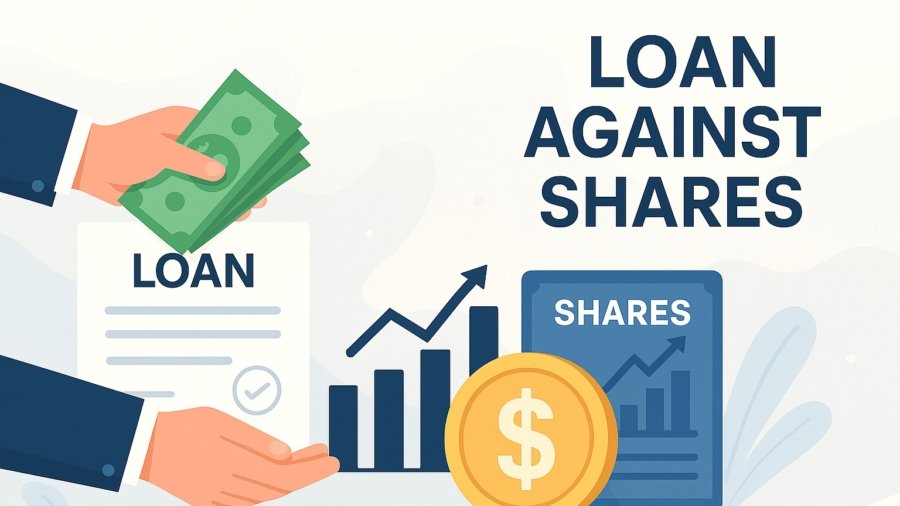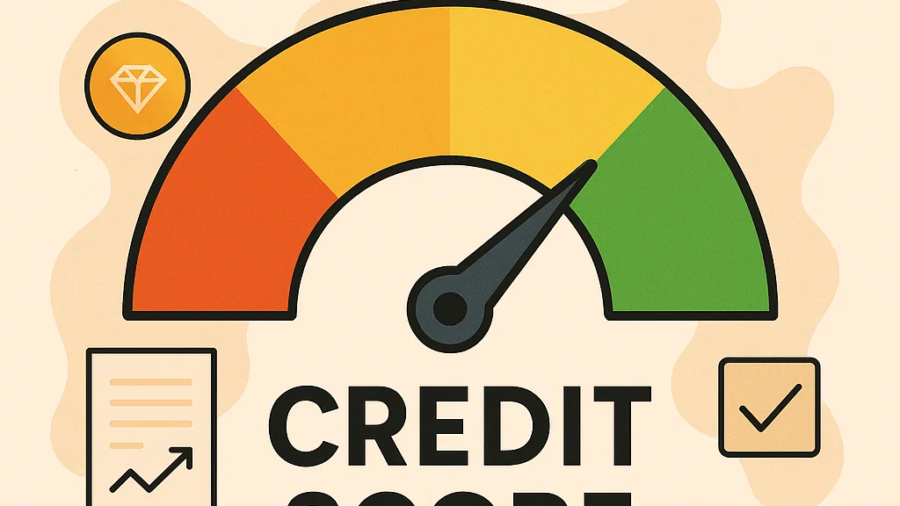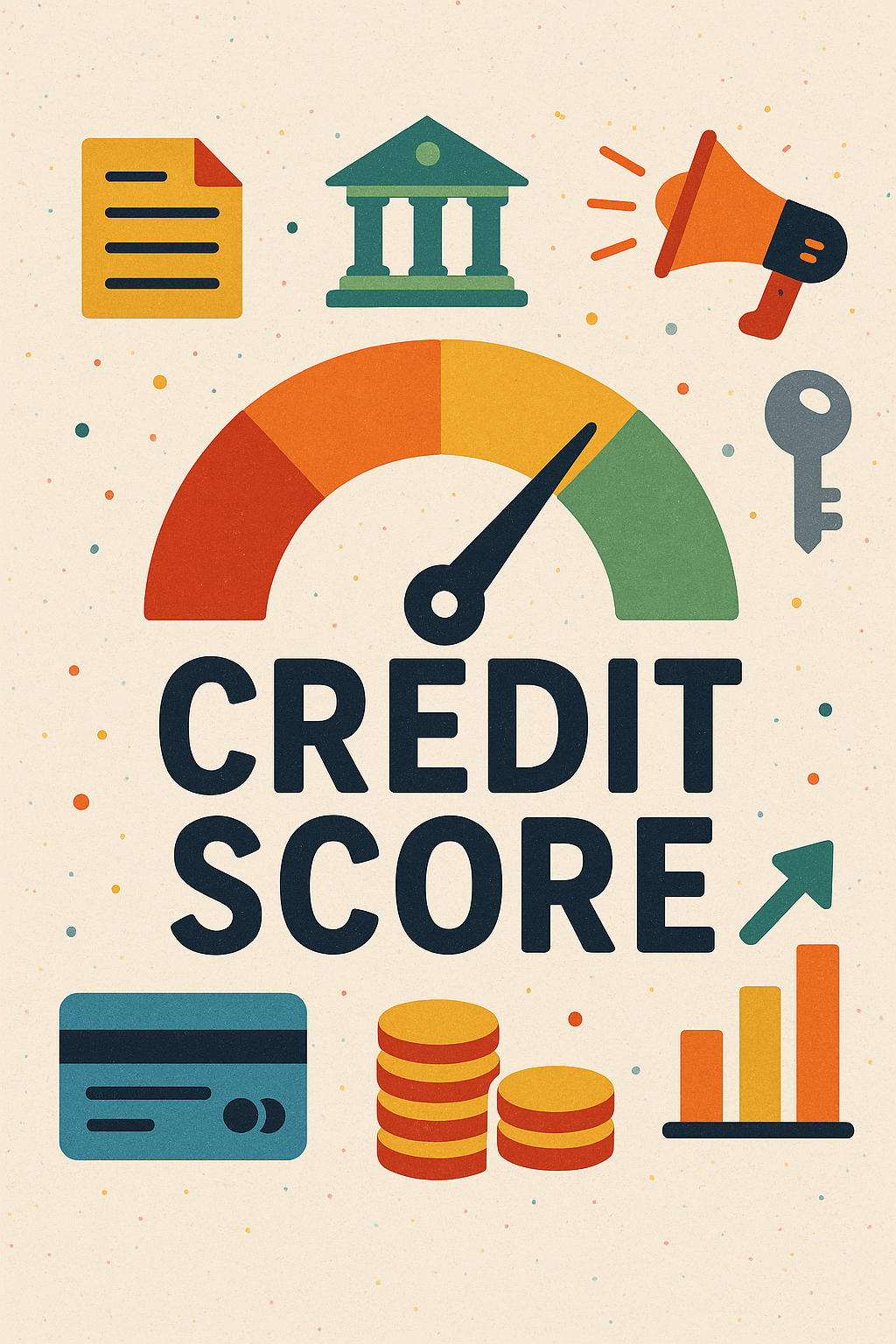Unlocking Wealth with Loan Against Shares: A Smart Financial Move
Imagine having a portfolio of valuable shares but needing quick cash for a dream home, a business venture, or an unexpected expense. What if you could access funds without selling your investments? That’s where a Loan Against Shares (LAS) comes in—a powerful financial tool that lets you leverage your stock market holdings to meet immediate needs while keeping your investments intact.
At Anupam Wealth, we believe in empowering you with smart financial strategies, and understanding LAS is a step toward unlocking the full potential of your wealth. Let’s dive into what a Loan Against Shares is, how it works, and the pros and cons to help you decide if it is the right move for your financial journey.

What is a Loan Against Shares?
A Loan Against Shares is a type of secured loan where you pledge your shares—stocks or equity holdings in publicly listed companies—as collateral to borrow money from a bank or financial institution. Think of it like a home loan, where your property is the collateral; here, your shares play that role. The lender evaluates the market value of your shares and offers a loan amount, typically ranging from 50% to 75% of the share value, depending on the lender’s policies and the quality of the shares.
For example, if you own shares worth Rs 10 lakh, you might be eligible for a loan of Rs 5–7.5 lakh. The shares remain in your demat account but are marked as a lien, meaning you can’t sell them until the loan is repaid. You continue to earn dividends and benefit from any price appreciation, while the loan provides immediate liquidity. Repayment is flexible—either as regular EMIs or interest-only payments with the principal settled later, often within 1–3 years.
This financial product is ideal for investors who need funds but don’t want to liquidate their long-term investments, especially if they’re bullish about the market’s future. It’s a win-win: you get cash without sacrificing your portfolio’s growth potential.
Key Benefits of Taking a LAS from Anupam Finserv
Retain Investment Ownership:
The main benefit of LAS is that you are not required to sell your shares. This keeps your long-term wealth-building plan intact and allows you to continue to profit from prospective price increases and dividends.
Quick and Easy Access to Funds: Compared to unsecured loans like personal loans, LAS is processed faster because it’s secured by your shares. Approval can take just a few days, making it ideal for urgent needs.
Low Interest Rates: Because LAS is a secured loan, interest rates are generally lower than those of credit cards or personal loans. Depending on the lender and the state of the market, they can range from 9% to 14% annually.
Flexible Repayment Options: To give you more cash flow flexibility, many lenders offer flexible repayment plans that allow you to pay only interest each month and pay off the principal at the end of the loan term.
High Loan Amounts: LAS is appropriate for high-priced expenses like business expansion or real estate purchases because it allows you to borrow substantial sums of money, sometimes up to Rs 20 crore, depending on the quality and value of your shares (blue-chip stocks are preferred).
Risks & Limitations of LAS You Should Know
Market Volatility Risk: Your shares’ value may change over time. The lender may issue a margin call, requesting that you pledge additional shares or repay a portion of the loan in order to maintain the loan-to-value (LTV) ratio, if the market crashes and the value of your shares falls sharply. The lender may sell your shares if you don’t comply.
Limited Share Eligibility: Not every share is eligible for LAS. Large-cap, well-known companies that are listed on major exchanges like the NSE or BSE are preferred by lenders. Shares from lesser-known companies or penny stocks might not be accepted.
Interest Costs Add Up: While LAS interest rates are lower than personal loans, they’re still a cost. If you opt for interest-only payments and delay principal repayment, the total interest paid over time can be substantial.
Risk of Losing Shares: If you default on the loan, the lender has the right to sell your pledged shares to recover the outstanding amount. This could mean losing valuable investments at an inopportune time, especially during a market downturn.
Processing Fees and Charges: LAS comes with processing fees, documentation charges, and sometimes renewal fees if you extend the loan tenure. These costs, though small, can add up and should be factored into your decision.
Who Should Consider a Loan Against Shares?
An effective tactic for investors seeking liquidity without jeopardizing their investment objectives is a loan secured by shares. It’s especially helpful for people who need short-term funding but are optimistic about the long-term growth of their portfolio. It is not risk-free, though; careful planning is necessary due to repayment obligations and market volatility. Examine your financial status, the stability of the shares you have pledged, and your capacity for repayment management before choosing LAS.
We at Anupam Wealth are here to help you make wise financial choices.
📞 Connect with us today to Unlock Liquidity Without Selling Your Stocks
🔍 FAQs
- How much loan can I get against my shares?
You can typically get 50% to 75% of your share’s market value as a loan. - Do I still earn dividends on pledged shares?
Yes, you continue to receive dividends and benefit from any share price appreciation. - What happens if share prices fall after taking LAS?
If share value drops, the lender may ask you to pledge more shares or repay part of the loan to maintain the margin. - Is a Loan Against Shares better than selling shares?
Yes, it provides liquidity while letting you stay invested for long-term gains. - Are there any charges for taking a Loan Against Shares?
Yes, lenders may charge processing fees, renewal fees, and documentation charges.



